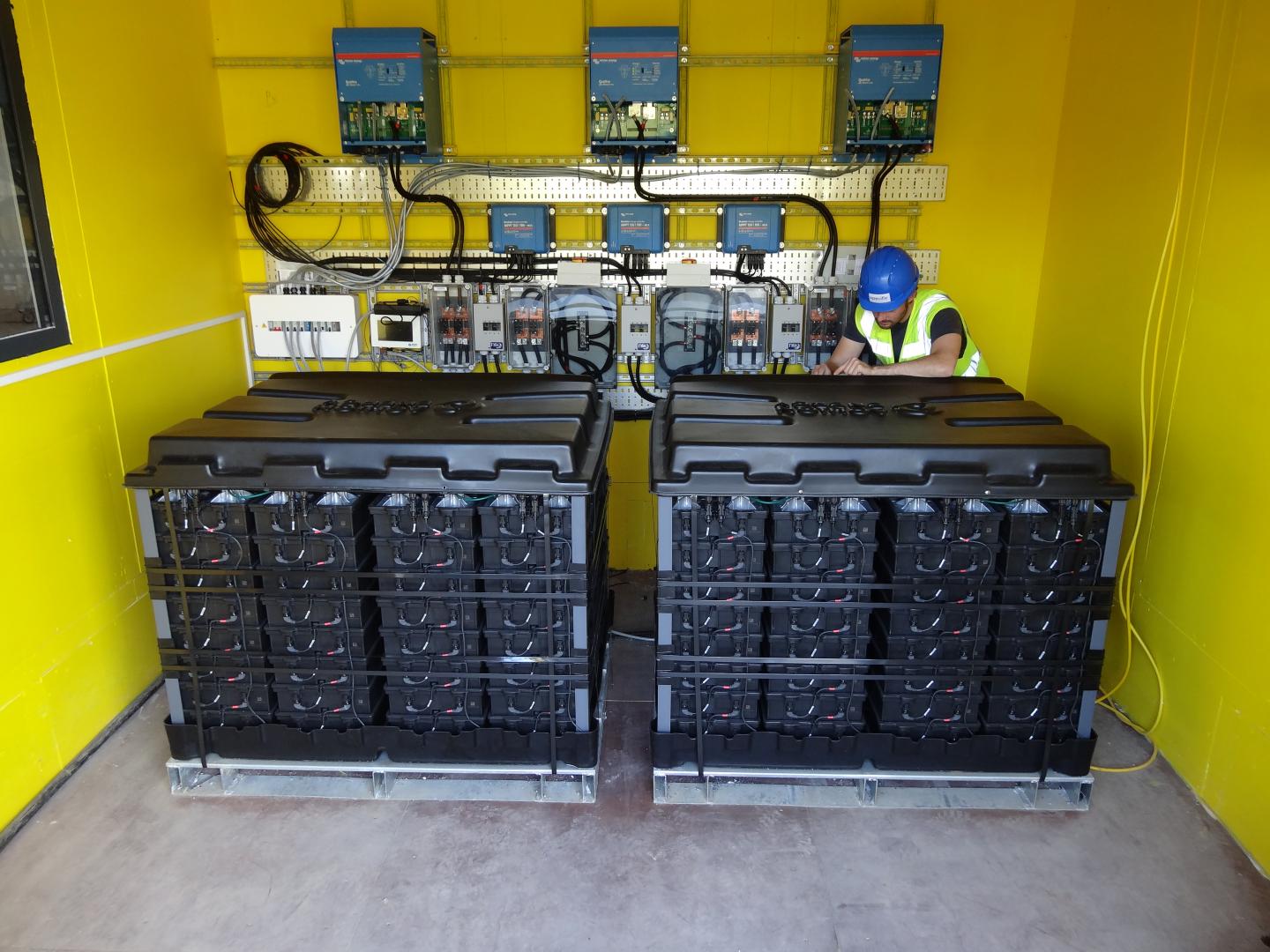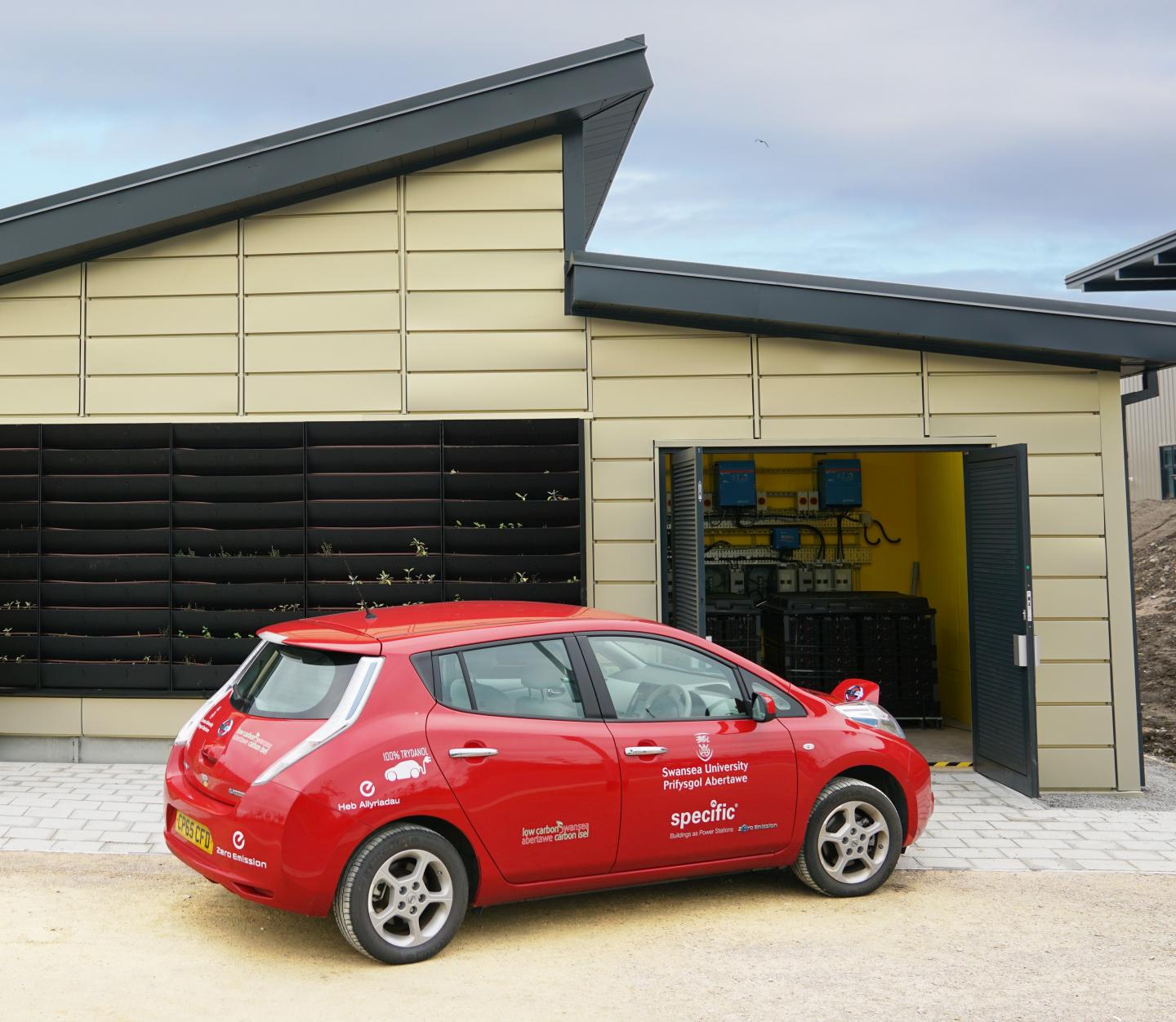The concept has already been deployed on a building in Swansea, where an ‘Active Classroom’ combines integrated photovoltaics (PV) and battery storage with solar heat collection. Saltwater batteries can power the classroom for two days, and over six months of operation the building has produced more energy than it has used.

(Credit: SPECIFIC/Swansea University)
Developed by Swansea University's SPECIFIC Innovation & Knowledge Centre, the integrated approach is being rolled out for the Active Homes Neath social housing development. The new homes will feature solar roofs, shared battery storage and the potential for charging points for electric vehicles. Water heating will come via a solar heat collector on south facing walls, while waste heat will be captured and recycled.
"The scale of the potential impacts is compelling, and demands that we make considered decisions about how we meet housing needs sustainably,” said energy consultant and author of the report, Andris Bankovskis.
“It suggests that if we are prepared to take some bold decisions about the way energy is supplied and used in our homes, the rewards could be significant and lasting.”

(Credit: SPECIFIC/Swansea University)
The 16 new houses are part of the Homes as Power Stations project in the Swansea Bay City Deal, a £1.3bn regional investment announced in March 2017. According to the report, if one million homes like this were built it would reduce peak demand on the grid by 3GW, equivalent to a large central power station.
"Today's report shows that households and the country as a whole can benefit if we design our homes to be power stations,” said Kevin Bygate, chief executive at SPECIFIC.
https://www.theengineer.co.uk/issues/12-december-2011/power-house-2/
“The technology works, so what we need now is to build on our partnerships with industry and government and make it happen.”
Also commenting on the report, Dr Nina Skorupska, chief executive of the Renewable Energy Association said: "Efficient homes with integrated heating, solar PV, and energy storage can reduce bills, empower consumers and help us meet our carbon budgets.”
"Together these technologies create significant opportunities to speedily address pressures on both our housing and energy systems in one go."




Red Bull makes hydrogen fuel cell play with AVL
Formula 1 is an anachronistic anomaly where its only cutting edge is in engine development. The rules prohibit any real innovation and there would be...